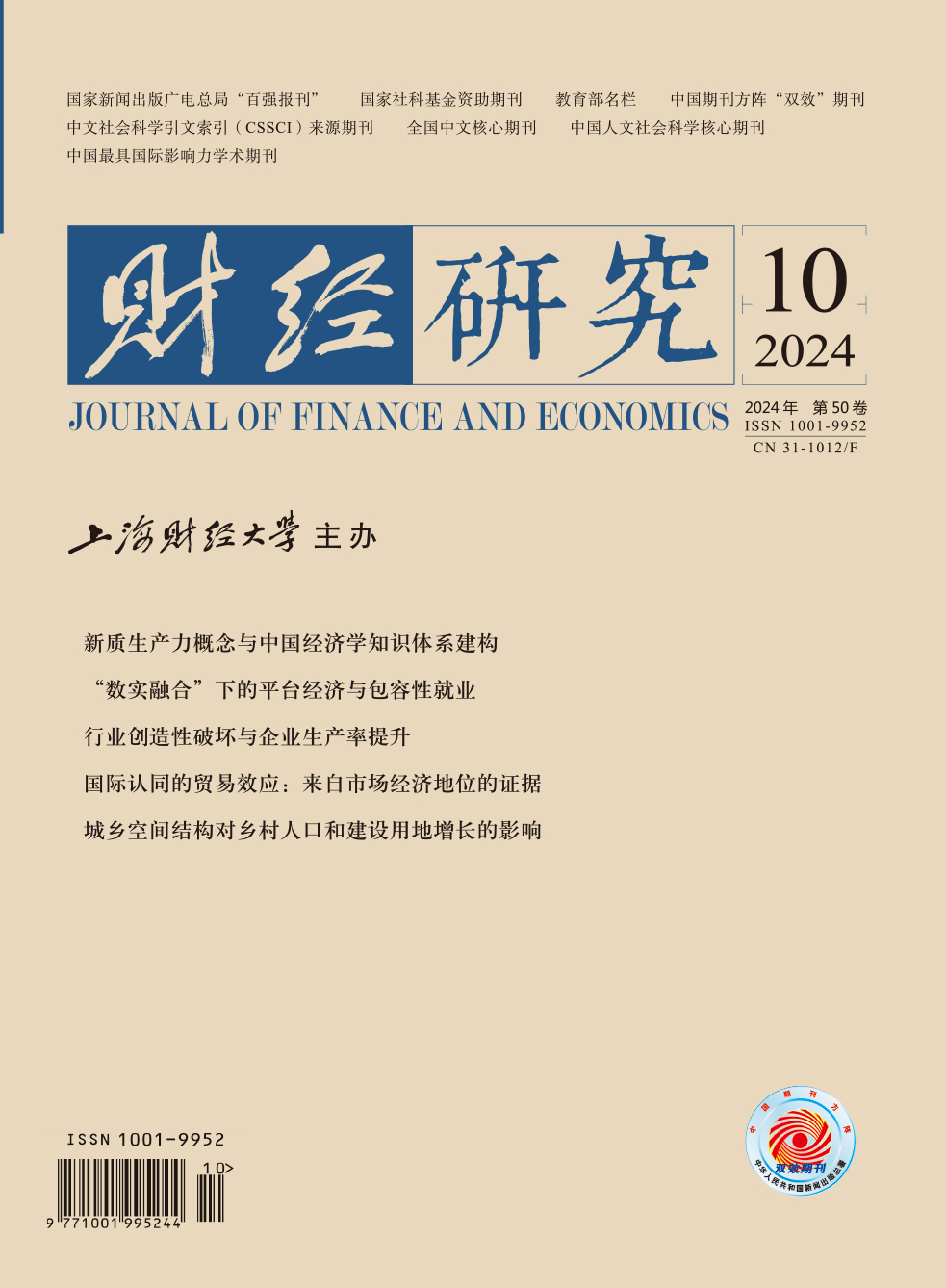Faced with the economic environment of multiple pressures, how to enhance enterprise resilience is not only a survival issue that managers have been concerned about, but also an economic development and policy design issue that government departments attach great importance to. Taking the national industry-finance cooperation pilot as a quasi-natural experiment, this paper empirically examines the impact of industry-finance cooperation on the long-term oriented resilience of enterprises.
Using data from China’s A-share listed companies, the study finds that compared to non-pilot city enterprises, pilot city enterprises significantly improve their long-term oriented resilience. Mechanism testing shows that industry-finance cooperation has a promoting effect on the long-term oriented resilience of enterprises, mainly by improving the bank-enterprise relationship and the social relationship to improve the signal response capability of enterprises, and by increasing the availability of financial subsidies and loan financing to enhance the resource utilization capacity of enterprises. Heterogeneity analysis finds that industry-finance cooperation mainly enhances the long-term oriented resilience of enterprises with a poor external financing environment, a weak risk-transferring capacity, and a light agency problem.
This paper has the following contributions: (1) It enriches the study of the economic consequences of pilot policies for industry-finance cooperation from the perspective of enterprise resilience, and further deepens the understanding of the micro impact of industry-finance cooperation in existing research. (2) Based on a broad contextual perspective, it empirically examines the impact of industry-finance cooperation on the long-term oriented resilience of enterprises, which not only enriches the theory of long-term oriented organizational resilience, but also expands the research on the factors influencing enterprise resilience. (3) It introduces the Doubly Debiased LASSO estimation to address the issue of policy pilot selection bias due to omitted variables. (4) The conclusions positively support government policies and also provide useful insights for further improving national industry-finance cooperation.





 343
343  267
267
